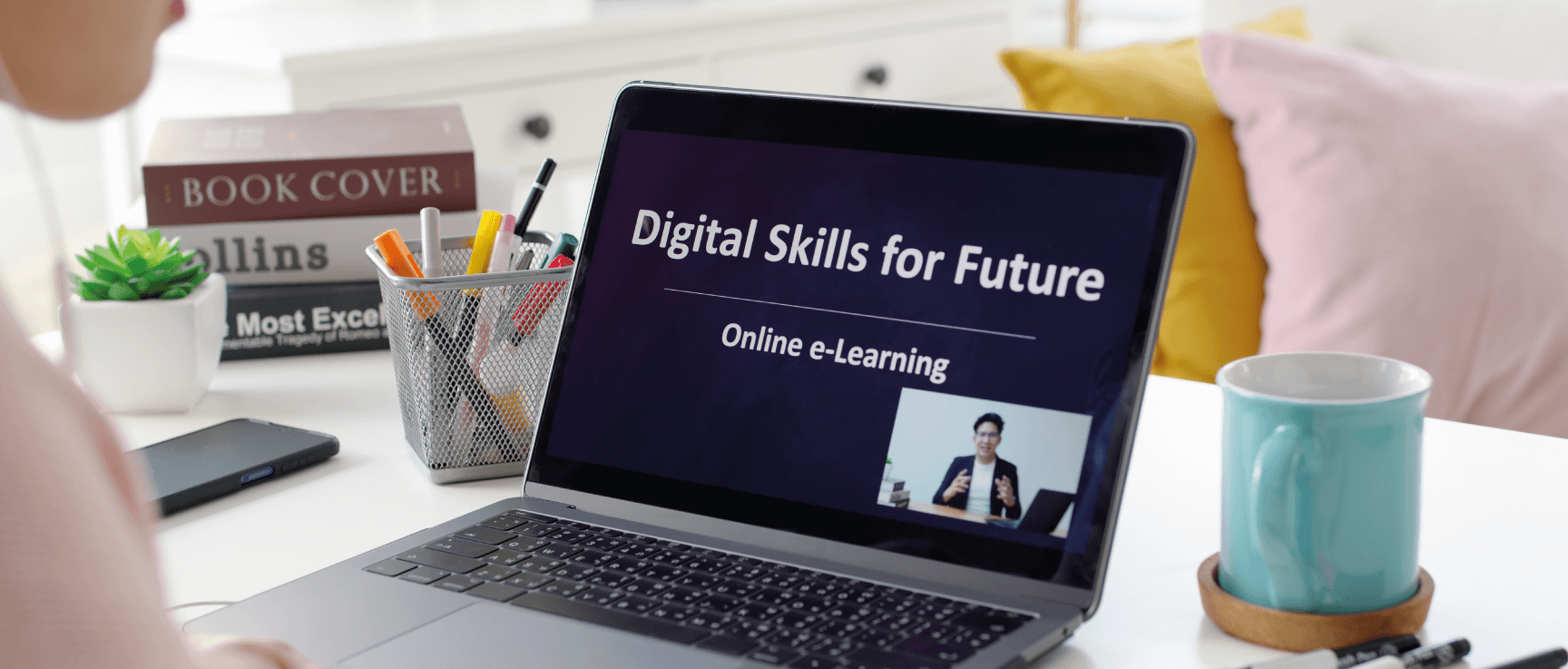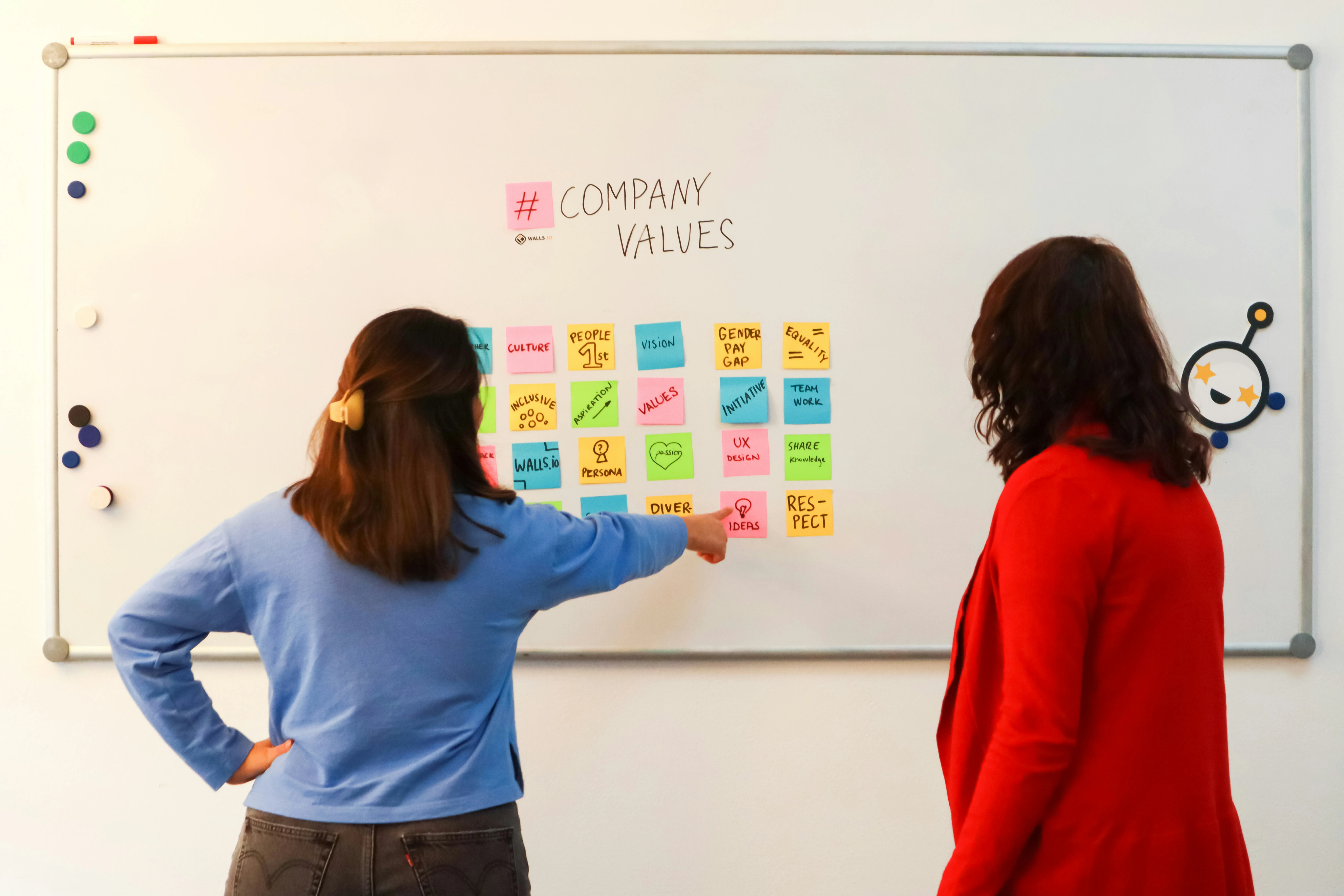

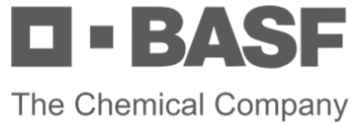

Service Overview
Future-Proofing Your Workforce
Primeast offers Future Skills Training solutions tailored to the unique demands of your organization. Our programs are focused on developing the essential competencies that will enable your team to thrive in an ever-changing business environment.
By combining innovative training methods, real-world applications, and ongoing support, we ensure your team is prepared for future challenges. Aligning our training with your strategic goals, we help build a resilient, future-ready workforce.

Empowering Your Team for Tomorrow
Benefits of Future Skills Training
Investing in future skills training provides a range of benefits, enhancing your team’s ability to adapt and excel in a dynamic environment. Our programs are designed to foster a culture of innovation and continuous learning.
- Enhanced Adaptability: Prepare your team to respond effectively to change and uncertainty.
- Increased Digital Proficiency: Equip your workforce with the digital skills necessary to leverage emerging technologies.
- Innovative Problem-Solving: Encourage creative thinking and innovation to address complex challenges.
- Proactive Strategy Development: Develop the ability to anticipate trends and craft forward-thinking strategies.
- Resilient Workforce: Build a team that can withstand and grow from the challenges of the future.
Our Approach
Tailored Future Skills Development
At Primeast, our approach to future skills training is customized to ensure your team is well-prepared for upcoming demands. We collaborate with you to design a training plan that aligns with your vision and promotes long-term success.

Developing Future Skills
Future Skills Future Thinking White Paper
Download our white paper to explore the challenges ahead for learning and development. How can you ensure your employees, teams and leaders are future fit? You can use the Future Skills Checklist as a starting point for discussion about the skills you need to develop within your organization.
Off-the shelf Training and Development
Customizable Short Programs and Masterclasses
We are constantly developing our catalog of ready-to-go short programs which can be included in your enterprise-wide learning catalog. Also supported by a comprehensive library of learning resources which can be configured to enhance your learning stack. Tailored and selective resources to avoid content overwhelm and to support personalized learner journeys. Ranging from 3 hour sessions to full day programs. A selection is shown. Others are available. To find out more speak to a member of the team.




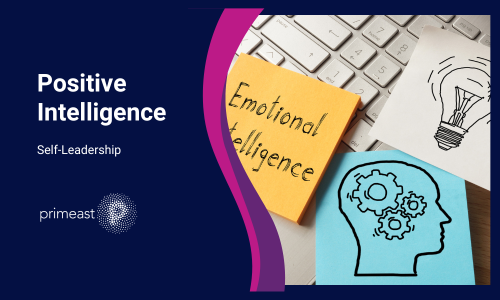


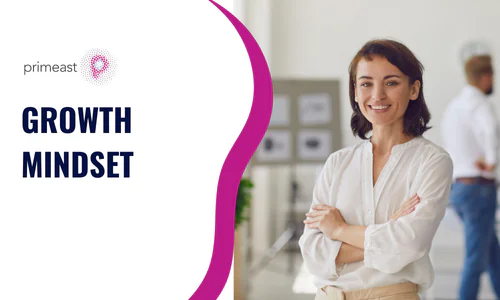


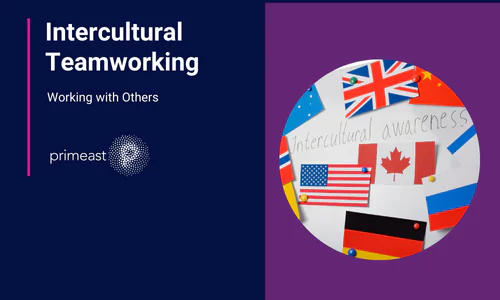

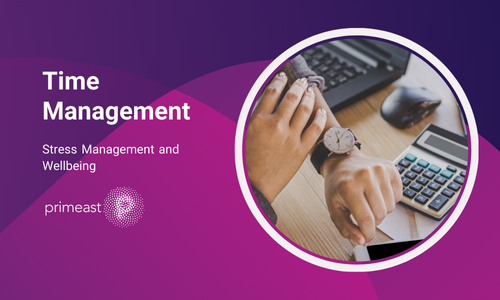
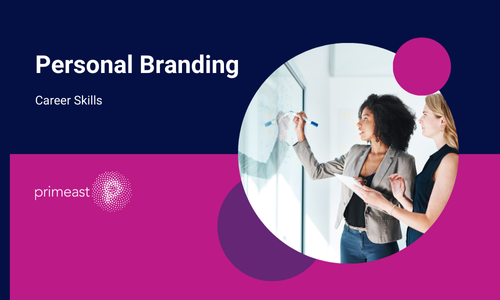

Global delivery
Our delivery team consists of over 120 associates located in more than 40 countries meaning we can provide the right fit in terms of language, culture and sector experience.
